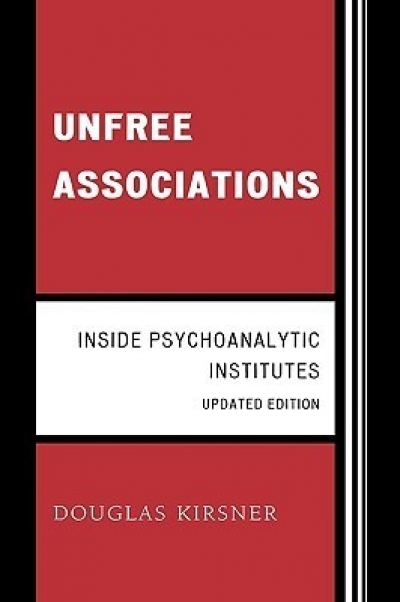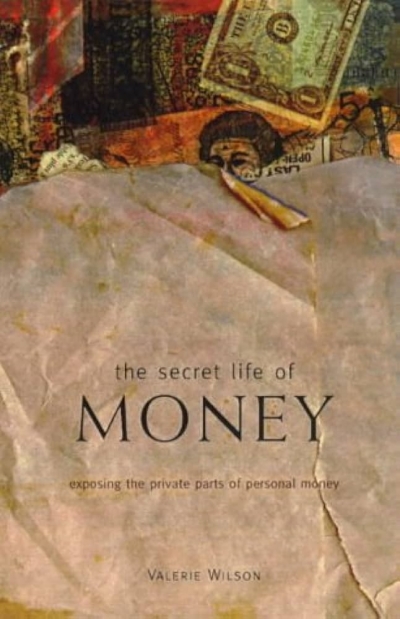Douglas Kirsner’s new book has been a long time in the making. Based on extensive interviews with US East Coast and West Coast psychoanalysts over some ten years, it started out as an encyclopedic study of Freud and Freudianism. At one stage of its evolution it was called The Culture of the Couch but later, when Kirsner and his editor realised that he had assembled almost one million words of interview material, he decided to radically scale down the scope of the book and to completely alter its focus. He had been very impressed by a very brilliant book on contemporary French psychoanalysis (French Freud as it was called) by Sherry Turkle at MIT in Boston and he decided to use her quasi-ethnographic style. It is now basically a study of the four main psychoanalytic institutes in the United States – New York, Boston, Chicago, and Los Angeles – and one is reminded irresistibly of the contentious early Christian Church communities in Rome, Antioch, Ephesus, and Corinth. Kirsner makes a great deal of play with the analogies between the psychoanalytic institutes and sectarian religious groups but, knowing something about both, I think that the religious sectarians were models of peace and sweetness and light compared with the Freudian institutes.
...
(read more)



